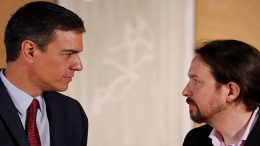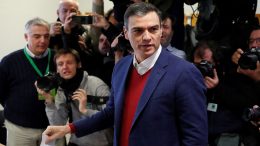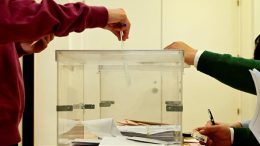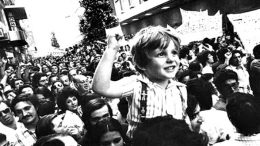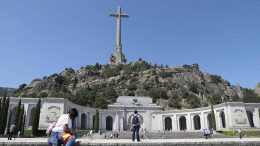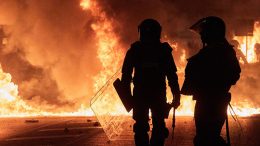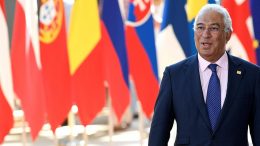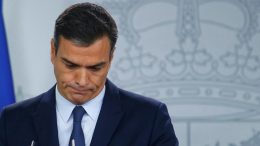Pedro Sánchez chooses the left
Fernando G. Urbaneja | Pedro Sánchez, relative winner of the elections (with fewer votes and seats) has chosen the less rugged path to his investiture and to remain in power. He is returning to the original plan, that of the censure vote in June 2017 which allowed him to replace Rajoy. The pact with Iglesias was impossible in the last legislature (from May to June), which passed through months of mutual reproaches. Today it came about in an afternoon; a conversation in the Moncloa between Pedro Sanchez and Pablo Iglesias renewed the model of the pact to remove Rajoy with the argument of creating a “progressive” government, the key word which avoids other more precise words, like a government of the left.

